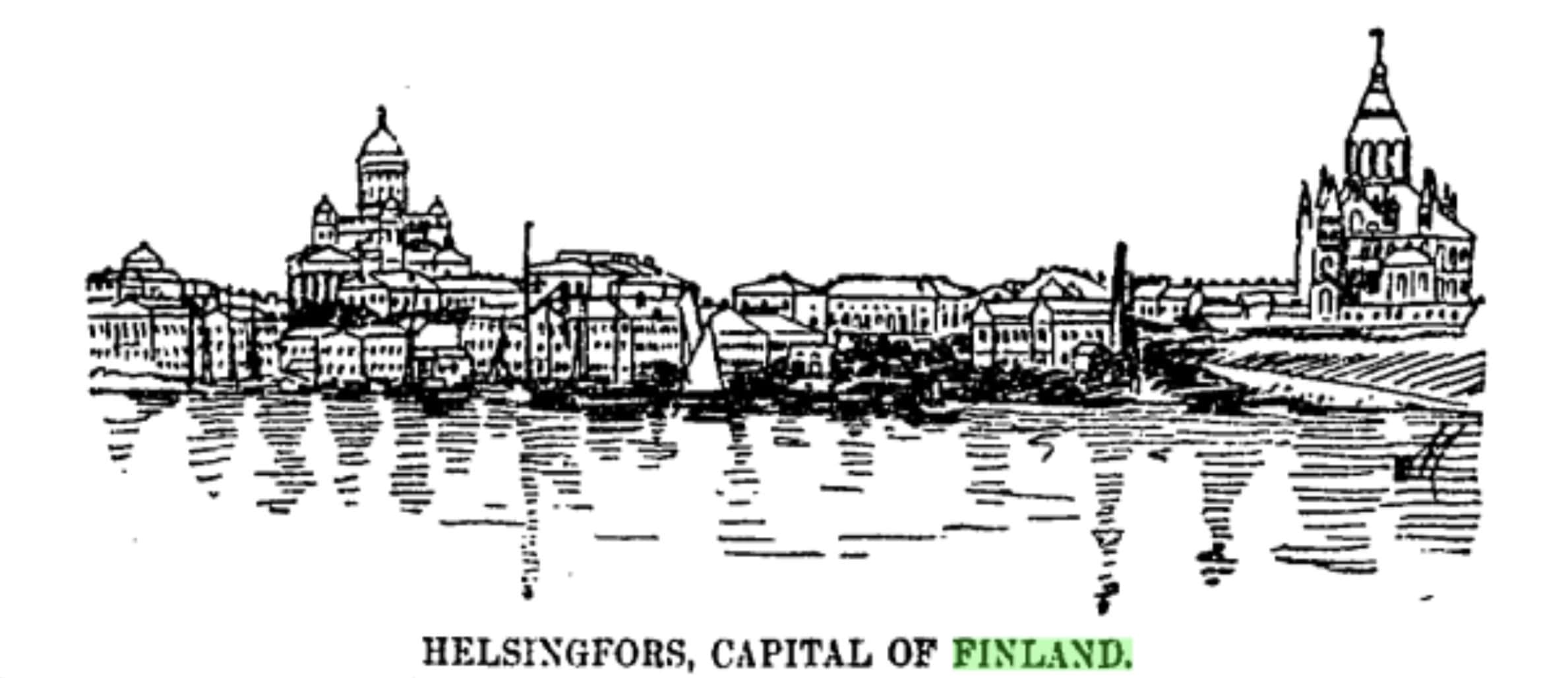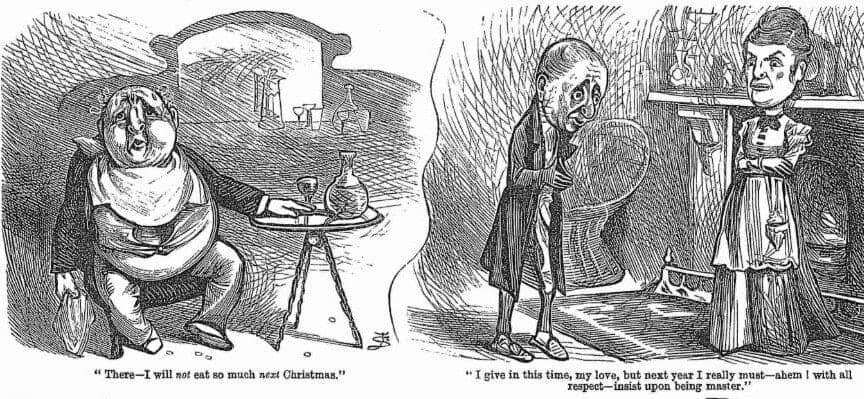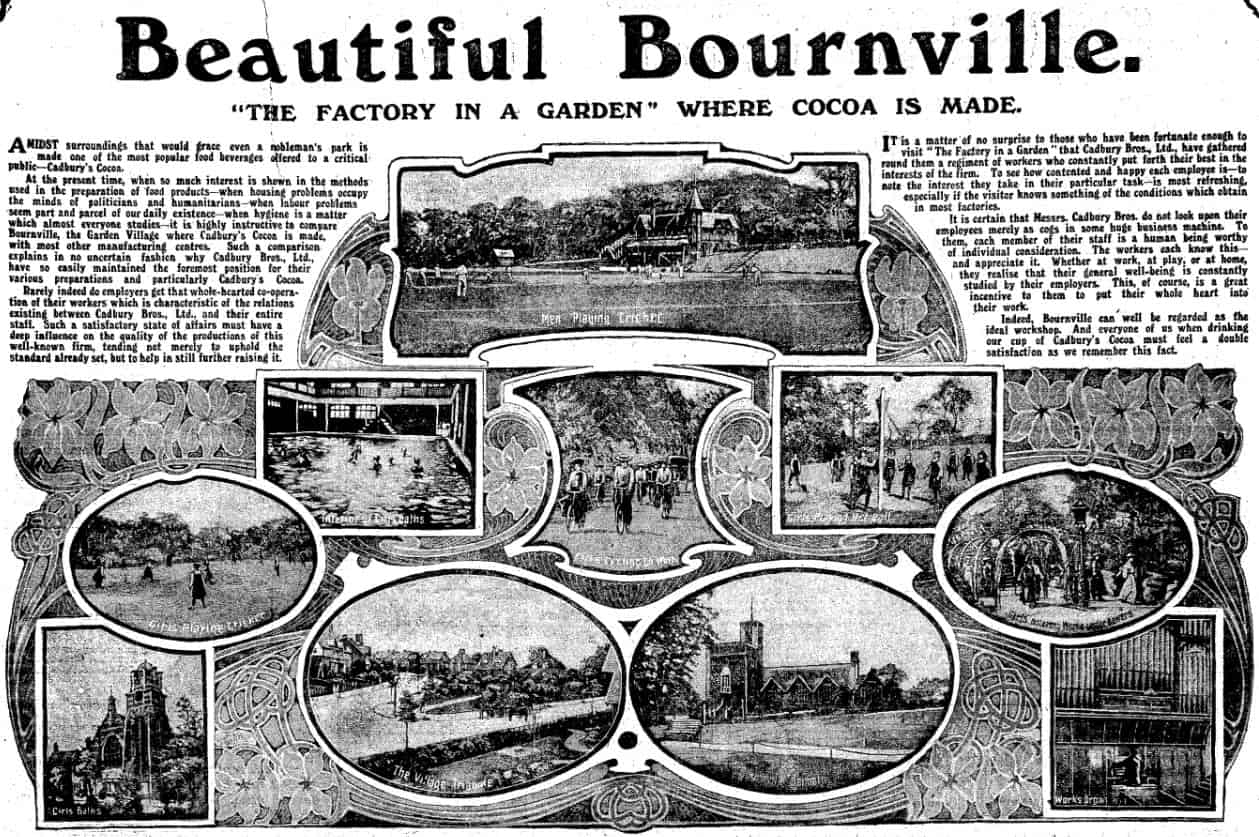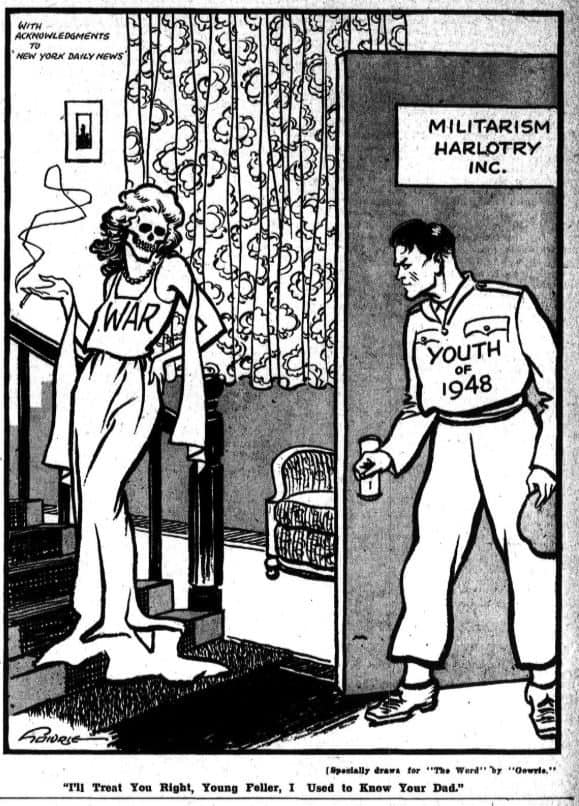│ By James Garbett, Gale Ambassador at the University of Exeter │
As the situation regarding Britain’s withdrawal from the European Union continues to unfold, it’s intriguing to glance back several decades, to when Britain had just entered the European Economic Community in 1973 under the Conservative government. The question poised to the public in 1975 – whether or not to withdraw – was the first national referendum ever held throughout the entire United Kingdom. It’s fascinating to note the parallels between these two distinctive times in British history using Gale Primary Sources such as The Times and The Daily Mail archives.

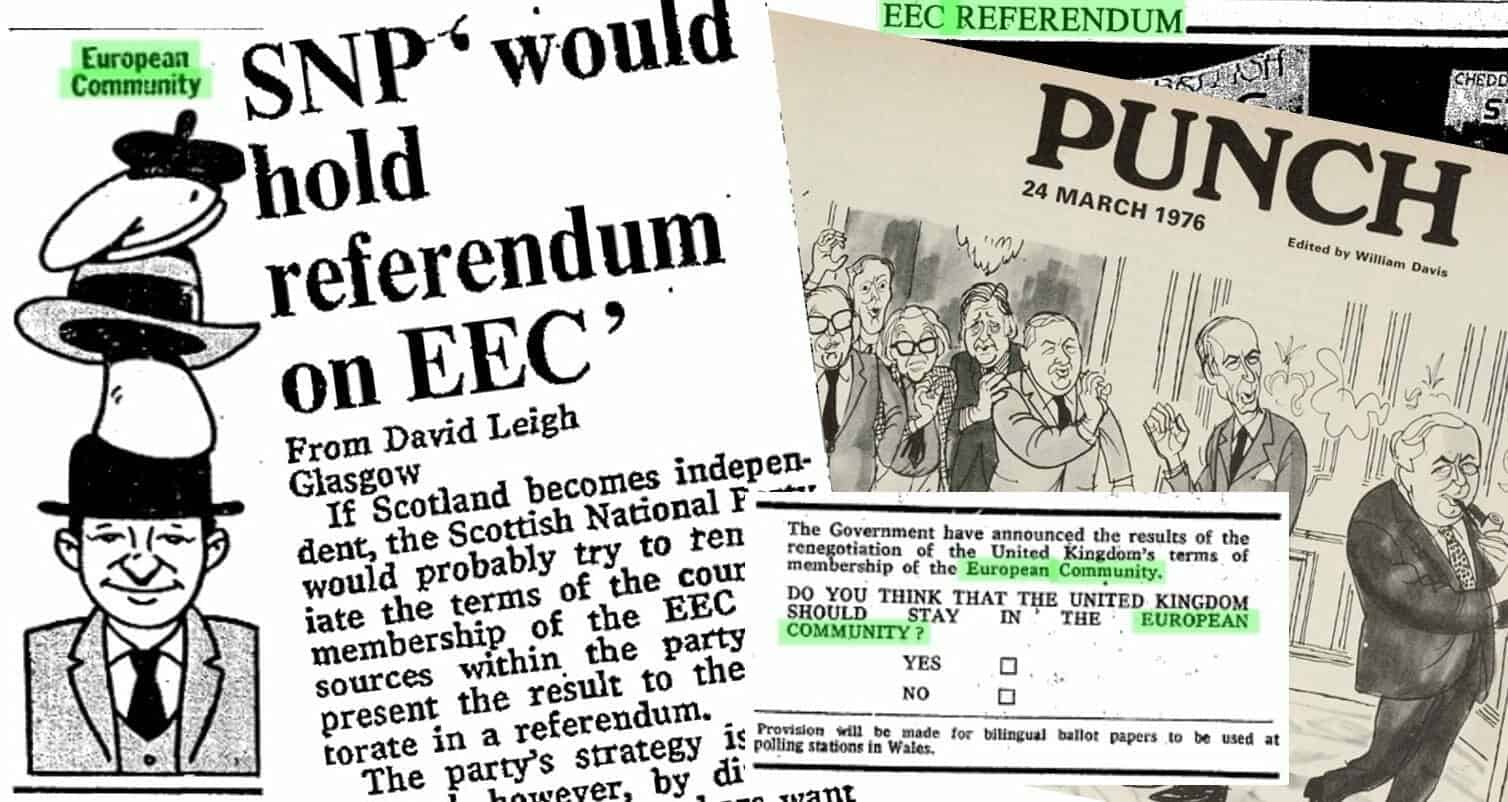
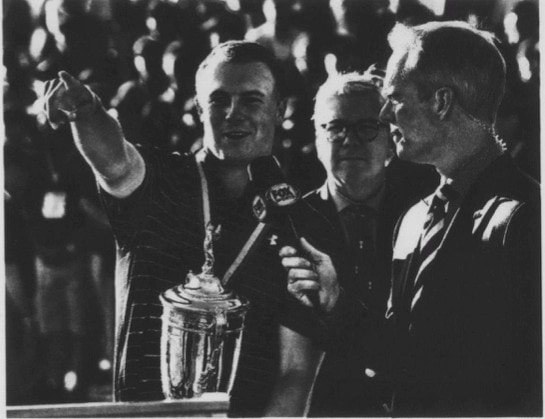
 By Matt Chivers, Gale Ambassador at the University of Liverpool
By Matt Chivers, Gale Ambassador at the University of Liverpool